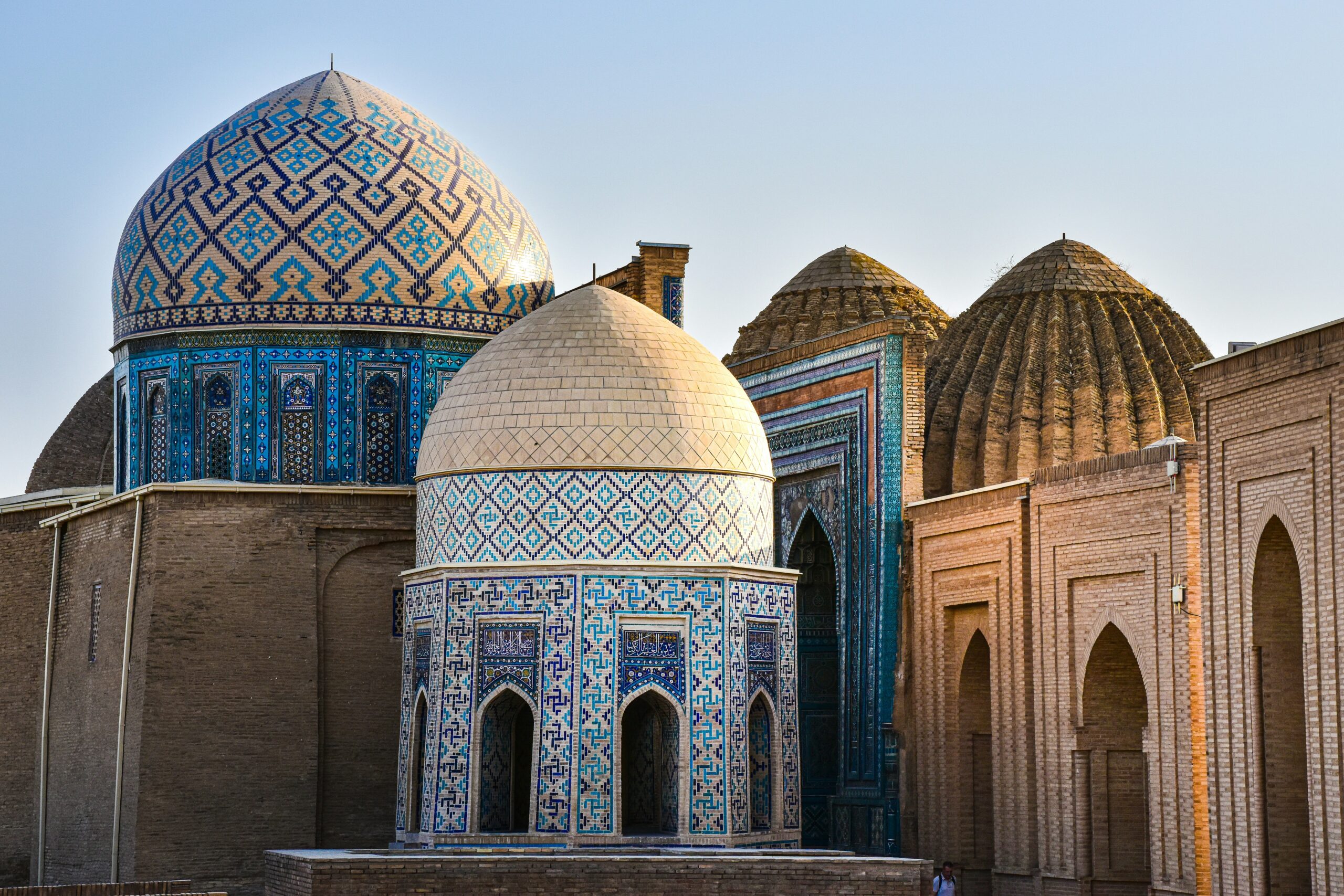
Uzbekistan experiences tourism boom
Uzbekistan is experiencing a significant surge in tourism, with visitor numbers soaring in 2024. The landlocked Central Asian nation, once a key stop on the ancient Silk Road, welcomed 7.3 million international tourists between January and November 2024, a 19% increase compared to the same period in 2023. This surge marks a significant step towards the government’s ambitious target of attracting 15 million tourists annually by 2030.
Several factors are contributing to this tourism boom. The government has actively pursued a policy of opening up to the world, simplifying visa procedures and investing heavily in tourism infrastructure. Visa-free travel is now available for citizens of 90 countries, while those from 56 other nations, including the UK and US, can apply for e-visas. This has significantly reduced barriers to entry for many travellers.
Furthermore, Uzbekistan has been working to improve its tourism offerings. New hotels and resorts are springing up across the country, catering to a range of budgets. Transport links, including high-speed rail connections between major cities like Tashkent, Samarkand and Bukhara, have been upgraded, making it easier for tourists to explore the country’s diverse landscapes and historical sites.
“We are delighted to see this growth in tourism,” said a spokesperson for the Uzbekistan State Tourism Development Committee. “It is a testament to the hard work that has been put into developing our tourism sector and making Uzbekistan a more welcoming and accessible destination.”
The country’s rich history and cultural heritage are proving to be a major draw for visitors. Ancient cities like Samarkand, Bukhara and Khiva, with their stunning Islamic architecture, madrassas and mausoleums, offer a glimpse into Uzbekistan’s pivotal role on the Silk Road. The country is also home to breathtaking natural beauty, from the snow-capped mountains of the Tian Shan range to the vast Kyzylkum Desert.
“Uzbekistan offers a unique blend of history, culture and natural beauty,” said a British tourist visiting Samarkand. “The people are incredibly hospitable, the food is delicious, and the historical sites are simply awe-inspiring.”
The tourism boom is also providing a much-needed boost to the Uzbek economy. The sector generated an estimated $2.1 billion in 2023, and the government hopes to increase this to $2.5 billion by the end of 2024. Tourism is also creating jobs and contributing to the development of local communities.
However, the rapid growth of tourism presents challenges. There are concerns about the environmental impact of increased visitor numbers, particularly in fragile ecosystems like the Aral Sea region. The government is aware of these challenges and is working to promote sustainable tourism practices.
“We are committed to developing tourism in a way that benefits both our people and our environment,” said the tourism committee spokesperson. “We are working to ensure that tourism is sustainable and that its benefits are shared by all.”
With its fascinating history, vibrant culture and welcoming people, Uzbekistan is poised to become a major tourist destination in Central Asia. As the country continues to invest in its tourism infrastructure and promote its unique offerings to the world, the future of Uzbekistan’s tourism industry looks bright.

